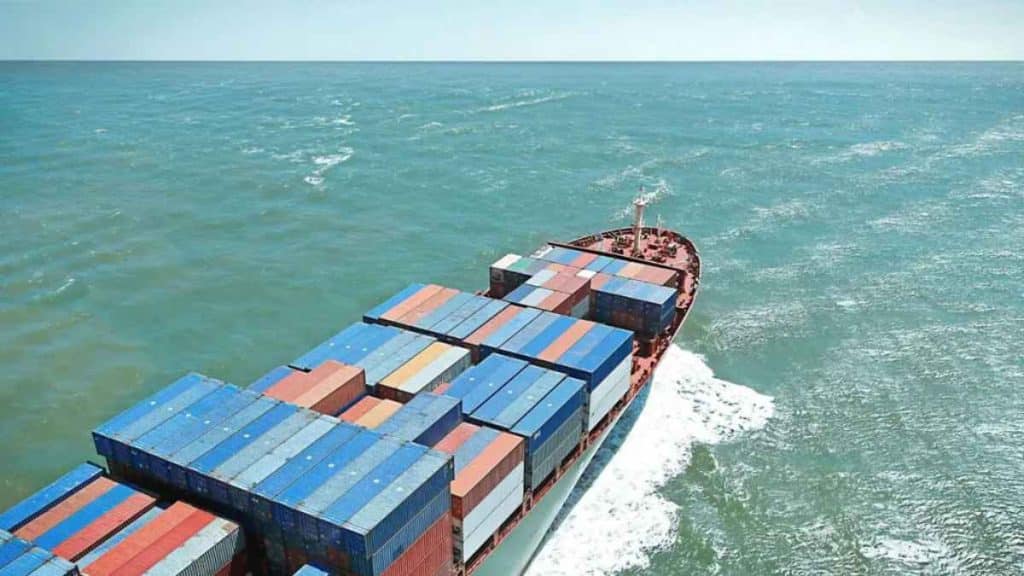Freight shipping is an essential component of our global economy. It plays a pivotal role in transporting goods from one location to another, whether it’s across the country or across the world. This method of transportation has become a cornerstone of modern commerce, and there are several reasons why it is so widely used. Here, we will discuss the key motivations behind the use of this.
1. Efficient and Cost-Effective Transportation
One of the primary reasons for the widespread use of this shipping is its efficiency and cost-effectiveness. Freight carriers, such as cargo ships, trucks, and trains, are designed to transport large quantities of goods in a single journey. This bulk transportation reduces the per-unit cost of shipping, making it an economical choice for businesses looking to move their products.
Additionally, it offers flexibility in terms of cargo size and weight. Whether you need to ship a few pallets of goods or an entire container load, there are shipping options to suit your needs. This adaptability makes this a valuable choice for companies of all sizes. Now getting freight shipping quotes is easy on Shiply, please try it.
2. Global Trade and Supply Chain Integration
In an increasingly interconnected world, global trade is a driving force behind the use of freight shipping. Businesses source raw materials and products from different parts of the world to stay competitive. It enables the movement of goods across international borders efficiently, facilitating global supply chain integration.
Containerization, a revolutionary shipping method introduced in the mid-20th century, has further streamlined global trade. Standardized containers can be seamlessly transferred between ships, trucks, and trains, reducing the time and effort required for cargo handling. This innovation has significantly boosted the efficiency and played a vital role in the expansion of global trade networks.
3. Reliable and Predictable Transit Times
Reliability is another key factor that contributes to the popularity of freight shipping. Unlike some other forms of transportation, such as air travel, which can be affected by weather and other factors, it offers more predictable transit times. Shipping schedules can be planned in advance, allowing businesses to manage their inventory and meet customer demands more effectively.
Moreover, advancements in tracking and communication technologies have made it easier to monitor the progress of shipments in real-time. This level of visibility into the supply chain enables businesses to respond quickly to any unexpected delays or issues.
4. Environmentally Friendly Options
As environmental concerns become more prominent, there is a growing emphasis on sustainable transportation methods. It offers environmentally friendly options that are less carbon-intensive compared to certain other modes of transportation, such as air travel.
For example, maritime shipping is known for its relatively low carbon emissions per ton-mile of cargo transported. Additionally, advancements in green technologies, such as the development of eco-friendly ship fuels and electric trucks, are further reducing the carbon footprint of this shipping.
5. Handling a Diverse Range of Cargo
It is incredibly versatile and capable of transporting a wide range of cargo types. Whether it’s raw materials, perishable goods, heavy machinery, or consumer products, there is a freight shipping solution tailored to the specific needs of each cargo type. This versatility ensures that businesses can rely on freight shipping regardless of the nature of their goods.
Conclusion:
In a world where the movement of goods is essential for economic growth and global trade, it stands out as a vital and adaptable mode of transportation. Its efficiency, cost-effectiveness, reliability, environmental benefits, and ability to handle diverse cargo types make it an integral part of modern commerce. As businesses continue to expand their reach and supply chains become increasingly complex, the role of freight shipping is expected to remain essential in facilitating the movement of goods across the globe.


